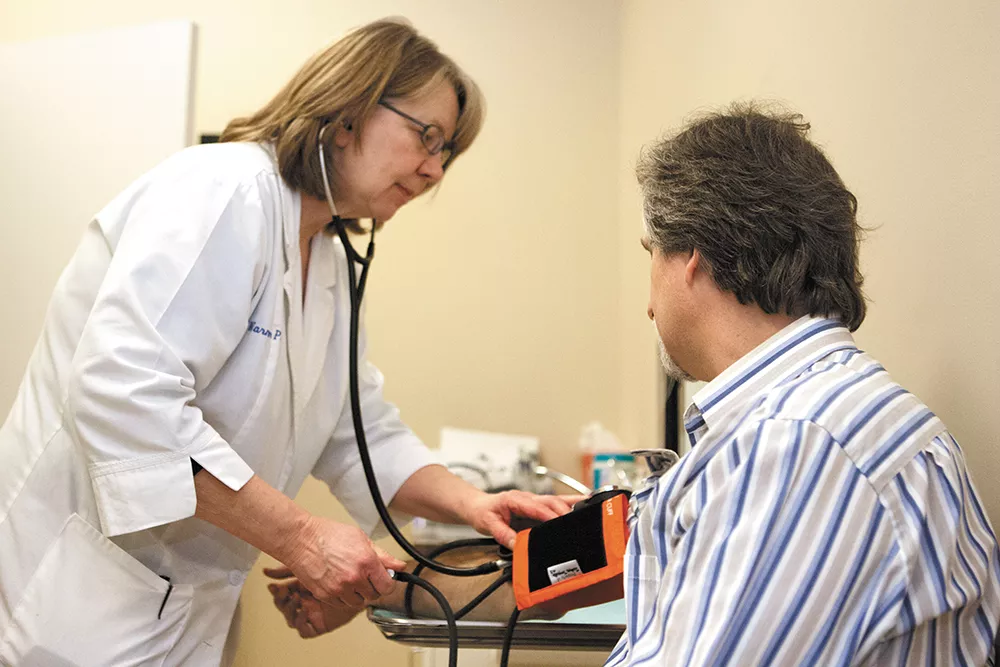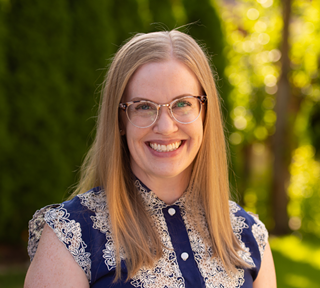
Now that millions of Americans have health insurance through the Affordable Care Act, some providers remain wary about how it could affect the nation's health care system — mostly how already strained providers will be able to provide quality care for the burgeoning number of newly insured patients.
Those are the main concerns held by Janice Jordan and her husband Kevin Bichler, both certified physician assistants who in December opened a new primary care clinic, Optimal Healthcare, in Spokane Valley.
As more and more formerly uninsured patients gain access to medical care, the couple worry that already busy clinics across the Inland Northwest and beyond will become even harder to get into. At the same time, though, they follow the widely held prediction that more physician assistants and nurse practitioners — often referred to as mid-level practitioners — will begin opening private practices similar to theirs. While nurse practitioners can own and operate an autonomous practice, state regulations for physician assistant-owned clinics like Optimal require that a consulting physician be included on the facility's license.
"There's a growing following [of patients] to mid-levels, and we hear people comment and say they like having a PA or nurse practitioner; they treat patients more like people than a number," says Jordan, who's also a registered nurse.
"That is actually one of the many reasons why we took on this huge endeavor. We were so sick and tired of what we call the 'cattle-prod' medicine... it doesn't matter what you're being seen for; you only get 15 minutes, and too bad if you have more [concerns] than that," she adds.
Both Bichler and Jordan have held positions at high-volume clinics where they say the standard was for providers to see 20 to 25 patients a day. Bichler says that often meant working on patients' medical charts at home after work each day for several hours, to avoid rushing to document a visit in between appointments.
With their new practice, the pair hope to spend as much time with patients as needed. So far they've been able to, while the clinic is still establishing a primary patient base. Even when the pace picks up, though, both will continue to make themselves available in as many ways possible for patients who might have a concern, through email and phone contact.
Establishing a regular patient portfolio also has been the focus of another local clinic with a similar care philosophy. Open just over a year ago, the appropriately named Walk-In Clinic is located in an unexpected setting: a leased space inside a Rosauers supermarket on East Sprague in Spokane Valley.
Billing itself as a minor care clinic, Walk-In Clinic also offers primary care and is staffed full-time by certified physician assistant Rita Warner. The clinic's overseeing physician, John Torquato, owns a family practice in Hayden and occasionally sees patients at the Spokane Valley office.
Warner stresses that Walk-In isn't an urgent care facility, although it accepts patients for many minor ailments people often seek treatment for at urgent care clinics: common colds, sinus infections, urinary tract infections, minor muscle injuries and strains and other minor infections.
Walk-In offers a flat-fee pricing menu for most visits, based on what the patient is being seen for and if he or she has any underlying conditions that may be related to or affect the visit.
"The whole idea is to make inexpensive medical care inexpensive," Warner says. "A very simple problem on a very healthy individual is less work, so we can do it at [a lower] price," she adds.
Because of its pricing model, combined with the fact that many patients are newly insured, Warner says many people are choosing to return to the clinic as their primary care provider.
"Constantly, that is how we're building the primary care side; seeing people the first time for a minor issue. We're getting busier all the time," Warner says. "People are having trouble finding a [primary care provider] that's not a full practice."
Though it's only been open for a few months, Optimal's owners have already heard from past colleagues asking if they're hiring or expanding. The couple believe more mid-level providers will branch out like they've done, opening private family practices out of frustration with the bureaucracy of institutional medicine.
"We'd like to see less patients and give more quality care," Bichler says.
"That also increases our own satisfaction," chimes in Jordan.
If anything indicates the couple's commitment to providing the level of personalized care they so firmly believe in, it's the time and financial investment into Optimal's physical space. With help from friends and the clinic's medical assistant Colleen Clure, the couple completely remodeled a 1970s-era former dental office off Pines Road that sat vacant for more than a decade before they bought it. Bichler is eager to share the "before" photos, a stark contrast to how it looks now, with all-new carpet, fixtures, windows, doors, lights — even walls — and paint, of which the scent still lingers. ♦
























